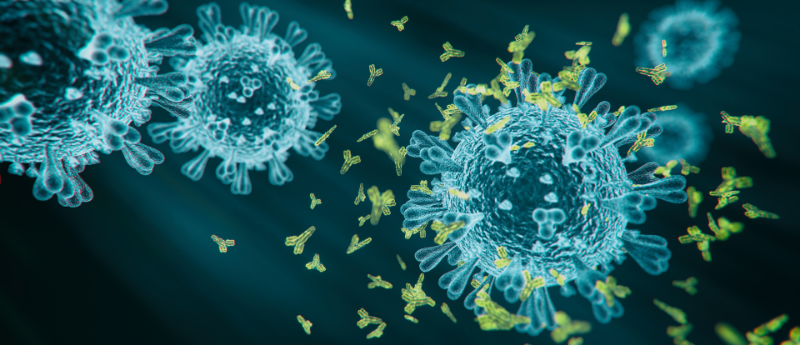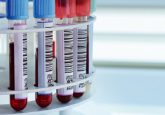COVID-19 autoantibodies: could sex influence susceptibility to long COVID-19?

Researchers report that COVID-19 can induce self-attacking autoantibodies persisting up to 6 months post-infection and demonstrate that males have more complex autoantibody responses to SARS-CoV-2 than females.
A group of investigators from the Cedars-Sinai Medical Centre (CSMC; CA, USA), led by Yunxian Liu (CSMC), examined the antibody responses of people previously infected with SARS-Cov-2 and found that in some cases autoantibodies, which have the potential to attack the body over time rather than providing protection, were produced up to 6 months after full recovery. The findings help inform our understanding of long COVID-19 and who is at greater risk of this long-term autoimmune response.
During initial infection and recovery following SARS-CoV-2 contraction, the virus triggers an immune response that keeps the infection under control, producing antibodies to prevent infection. However, in severe cases of COVID-19 this process may become overstimulated, stressing the immune system and inducing the production of autoantibodies, which are harmful rather than beneficial.
“These patterns of immune dysregulation could be underlying the different types of persistent symptoms we see in people who go on to develop the condition now referred to as long COVID-19,” co-senior author Justyna Fert-Bober explained.
The team compared blood samples from 177 people who had previously been infected with SARS-CoV-2, with samples taken from healthy individuals prior to the pandemic. Their findings revealed that samples from people with confirmed prior infection had elevated autoantibody levels and some of the autoantibodies identified are known to cause severe inflammation in other diseases. “We found signals of autoantibody activity that are usually linked to chronic inflammation and injury involving specific organ systems and tissues such as the joints, skin and nervous system,” co-senior author Susan Cheng highlighted.
The most surprising finding of the study stems from the sex-specific nature of this autoantibody response – males had a higher number of elevated autoantibodies than females. “On the one hand, this finding is paradoxical given that autoimmune conditions are usually more common in females,” Fert-Bober commented. “On the other hand, it is also somewhat expected given all that we know about males being more vulnerable to the most severe forms of COVID-19.”
Studying the nature of this autoimmune response to SARS-CoV-2 and its relation to long COVID-19 will enable researchers to better understand and predict which individuals are more vulnerable to clinical complications following SARS-CoV-2 exposure. The group also hope to investigate whether autoantibodies are generated by people with breakthrough infections after vaccination.
“If we can better understand these autoantibody responses, and how it is that SARS-CoV-2 infection triggers and drives these variable responses, then we can get one step closer to identifying ways to treat and even prevent these effects from developing in people at risk,” Cheng concluded.
